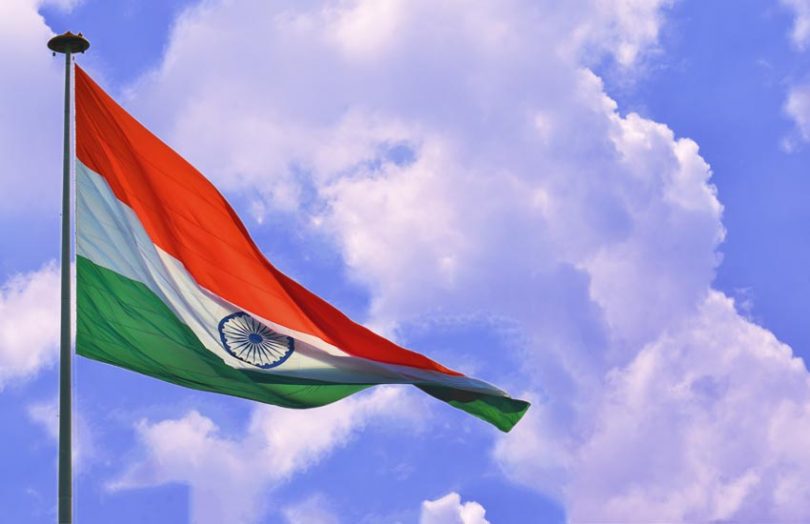The Indian government might soon announce a national level blockchain framework for various sectors in the country, reported local news outlet the Economic Times. The information was divulged by Sanjay Dhotre, the minister of state for electronics and IT, at Wednesday’s Lok Sabha meet, the lower house of the Indian parliament.
India’s ministry of electronics and information technology (MeitY) in a written submission said it was “considering the potential of Blockchain Technology and the need for shared infrastructure for different use cases”.
Dhotre further said blockchain is one of the critical research areas for MeitY, which sees potential applications of the technology in governance, banking and finance, and cybersecurity, among others.
MeitY’s blockchain award
Last year, MeitY awarded Rs. 643 lakh ($900,000) to the Institute for Development & Research in Banking Technology (IDRBT), for a project titled ‘Distributed Centre of Excellence in Blockchain Technology’. The Centre for Development of Advanced Computing (C-DAC), Hyderabad, and a few other institutions are working with IDRBT on the two-year project.
Central Bank initiatives
Back in April, the Reserve Bank of India released a draft framework for a regulatory sandbox for fintech startups, including blockchain applications. The central bank later formed a research unit to explore applications of AI, blockchain and cryptocurrency for the financial markets.
Blockchain for land registry
The country has already experimented with a blockchain-based land registry in Telangana and Andhra Pradesh. While there are some clear benefits for owners in regards to land documentation, the problem of corruption persists, a Quartz India report showed. While blockchain can ensure the immutability of data, there is no way to prevent the entry of incorrect data by a government official.
Hoping for a big impact
Prime Minister Narendra Modi’s government is known for large scale initiatives which aren’t always popular. This includes the implementations of the Digital India initiative, the Goods and Service Tax (GST) and the Aadhar scheme.
India’s Aadhar is much like the United States’ social security number, providing citizens with a unique identity number connected to the tax department, bank accounts, land and property registration offices, and many others. The Indian government made it mandatory for the residents to register on Aadhar to use any services in the country. For the enrolment, a person has to provide biometric information including scans of the eye, face and fingerprints.
The Aadhar initiative has been lauded internationally for its reach in the country and its applications for using public services. However, it has received criticism for lacking global standards for verifying data and raising privacy concerns.
Meanwhile, some state governments are already trialling blockchain. The newly-formed Telangana state has introduced blockchain for the public distributions system, a food rationing scheme for the poor. A few months ago, the state of Maharashtra announced plans to implement blockchain for streamlining of agriculture marketing, supply chain, vehicle registration and document management system.
Some other initiatives include the Indian Coffee Board’s blockchain marketplace and a honey traceability project by premier engineering institute IIT-Delhi.






